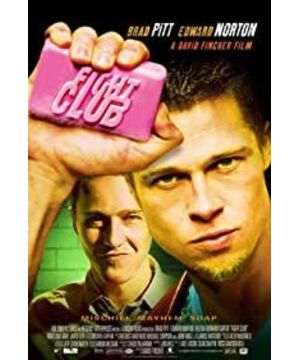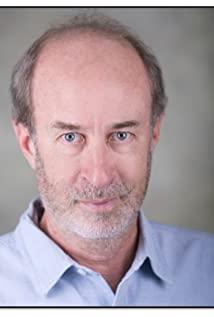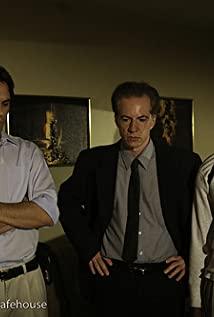A major feature of desire is its perishability. If one’s goal is to earn one million, when he has worked hard to earn one million under the call of desire, he finds that when the realization of desire eliminates the desire itself, what he gets is nothing but a huge emptiness. . This emptiness is happening everywhere, so some people start to get bored and start to resist.
David Fincher told us this story in "Fight Club": an empty middle class who got tired of the emptiness of material desires and began to suffer from insomnia, so he joined various terminally ill societies and shared other people’s near-death experiences. , To stimulate their own existence instinct. But the arrival of an equally empty woman made him see his hypocrisy, so he unconsciously split into another himself, looking for a solution. He established a fight club, where people freely fight each other. Pain is the most direct and intense feeling, and it is easy to feel his own existence; he talks about his avatars about the expected fight objects: Hemingway, Lincoln, Gandhi... Becoming a hero is just an unreal dream for most mediocre us. The realization of these unrealistic dreams should not be the meaning of our existence; he established a secret organization, in which an army-like collectivist organization does not have a name that symbolizes individuality, only the code assigned to him by the collective. When the individual ceases to exist, desire is not easy to produce. Finally, he shouted the most powerful slogan: Elimination of matter. Without matter, nature has no desire for matter, and all problems will be easily solved. The whole movie ended in the collapse of the building of the Personal Credit Information Center, a symbol of the mature market economy. The matter is gone, the desire is gone, everything is calm.
"Fight Club" is another sermon by David Fincher in the postmodern era, calling on middle-class people who are unwilling to be annihilated in desire to unite and destroy this desire-based system. But Vinci did not give a solution: what should we do after we have destroyed everything? Should we stand on the ruins of the material and wait for death, or allow us to start a new round of material construction based on the instinct of pursuing the maximization of personal interests?
After watching Vinci’s middle class tragedy once again, a former classmate complained to me about his anxiety: China’s emerging middle class has no political parties to speak for them, property is not guaranteed, and life is unstable. I was full of emotions in my heart: While China's future middle class is still worried that there will be no guarantees for the future middle class, foreign middle class has long been tired of glamorous wealth and began to embark on material destruction.
In fact, both are sad.
View more about Fight Club reviews











